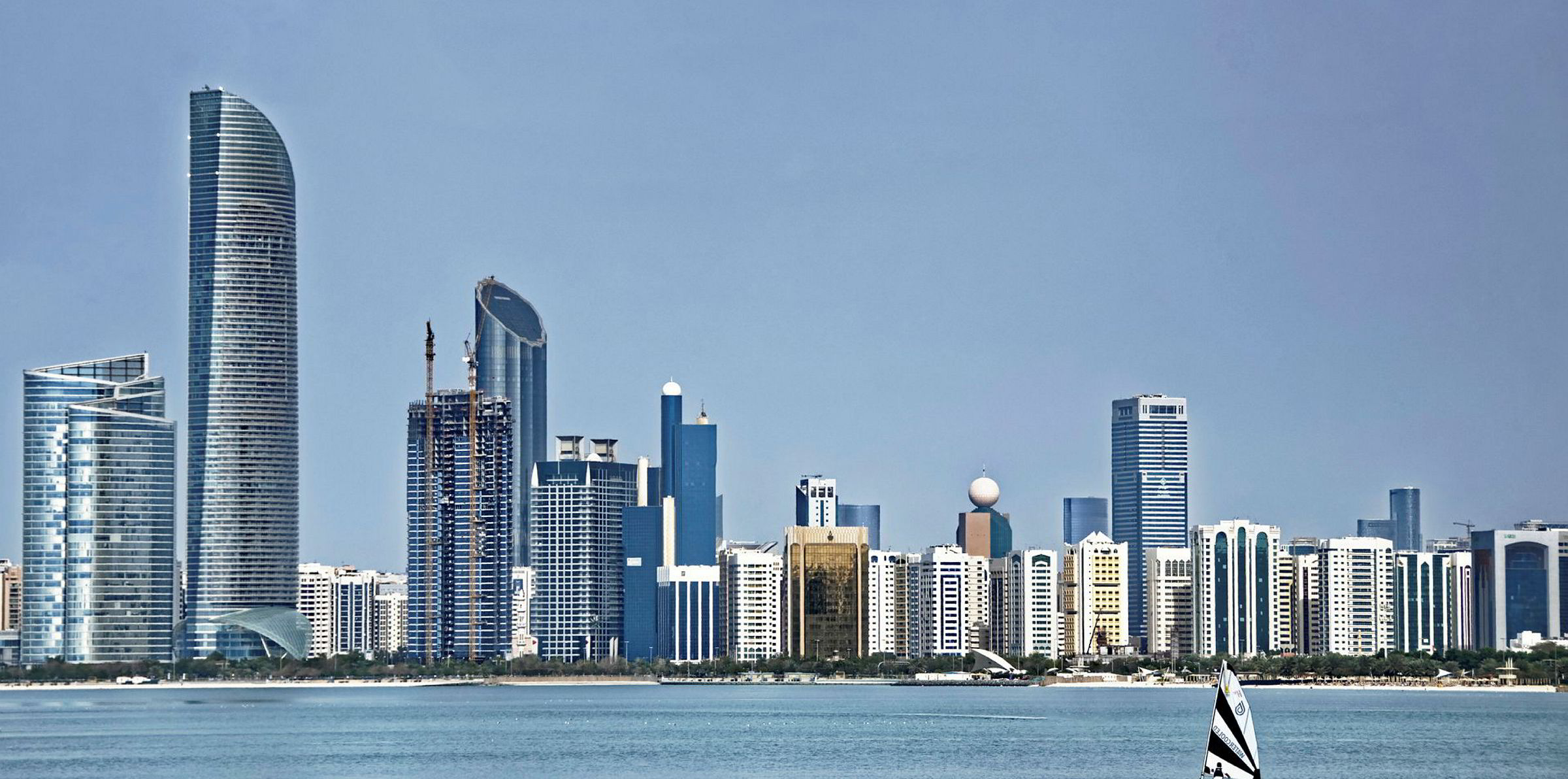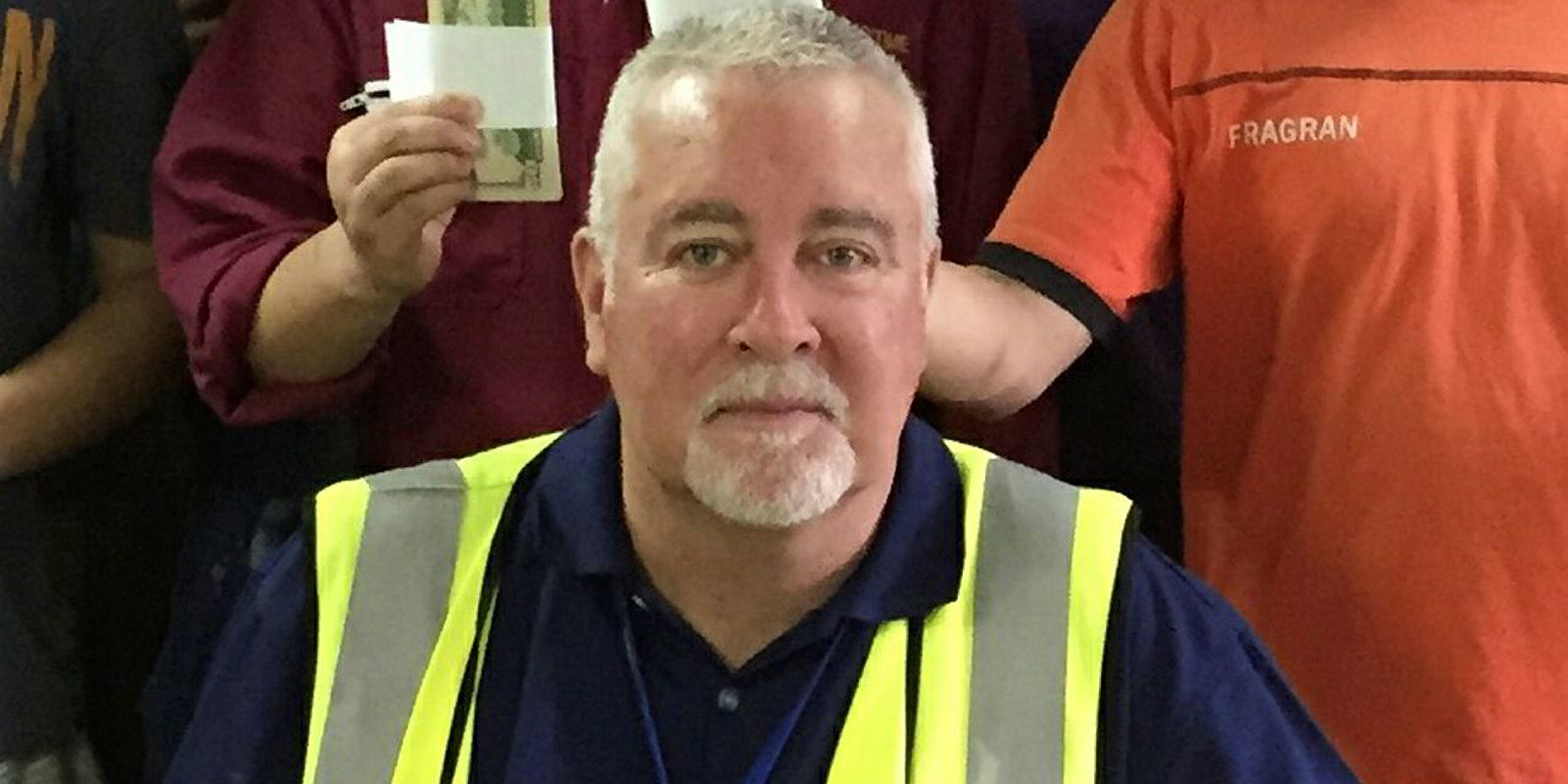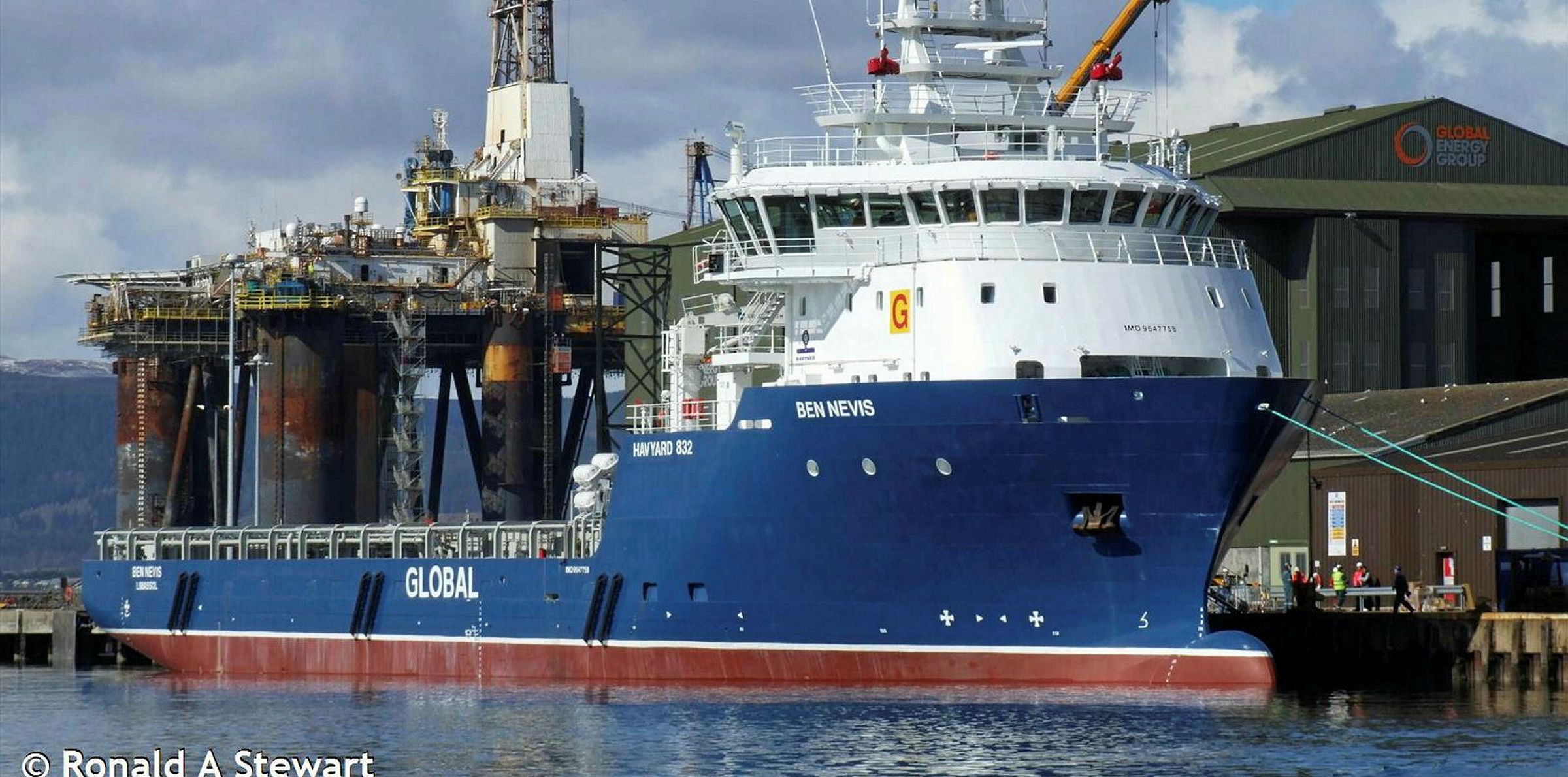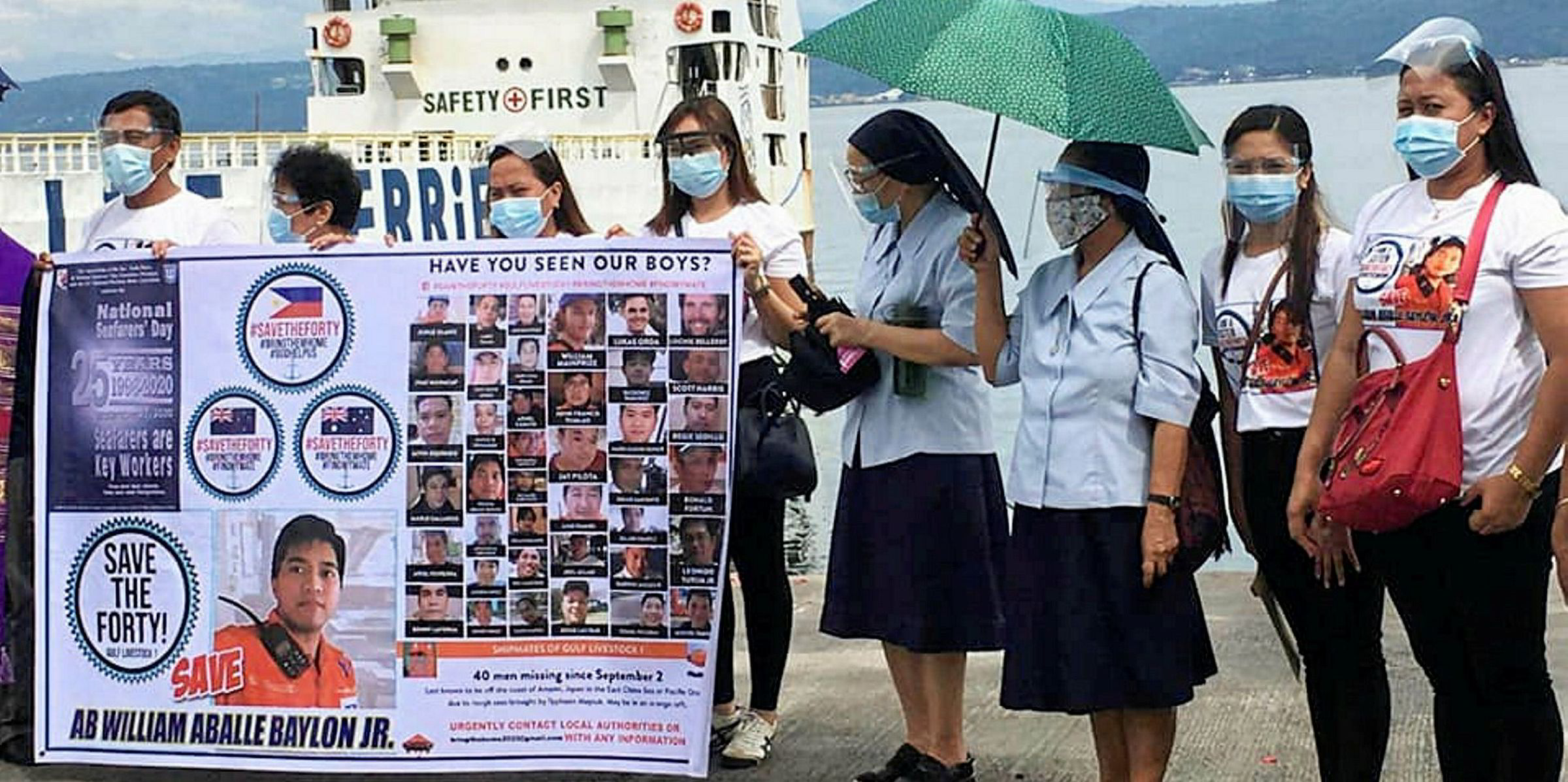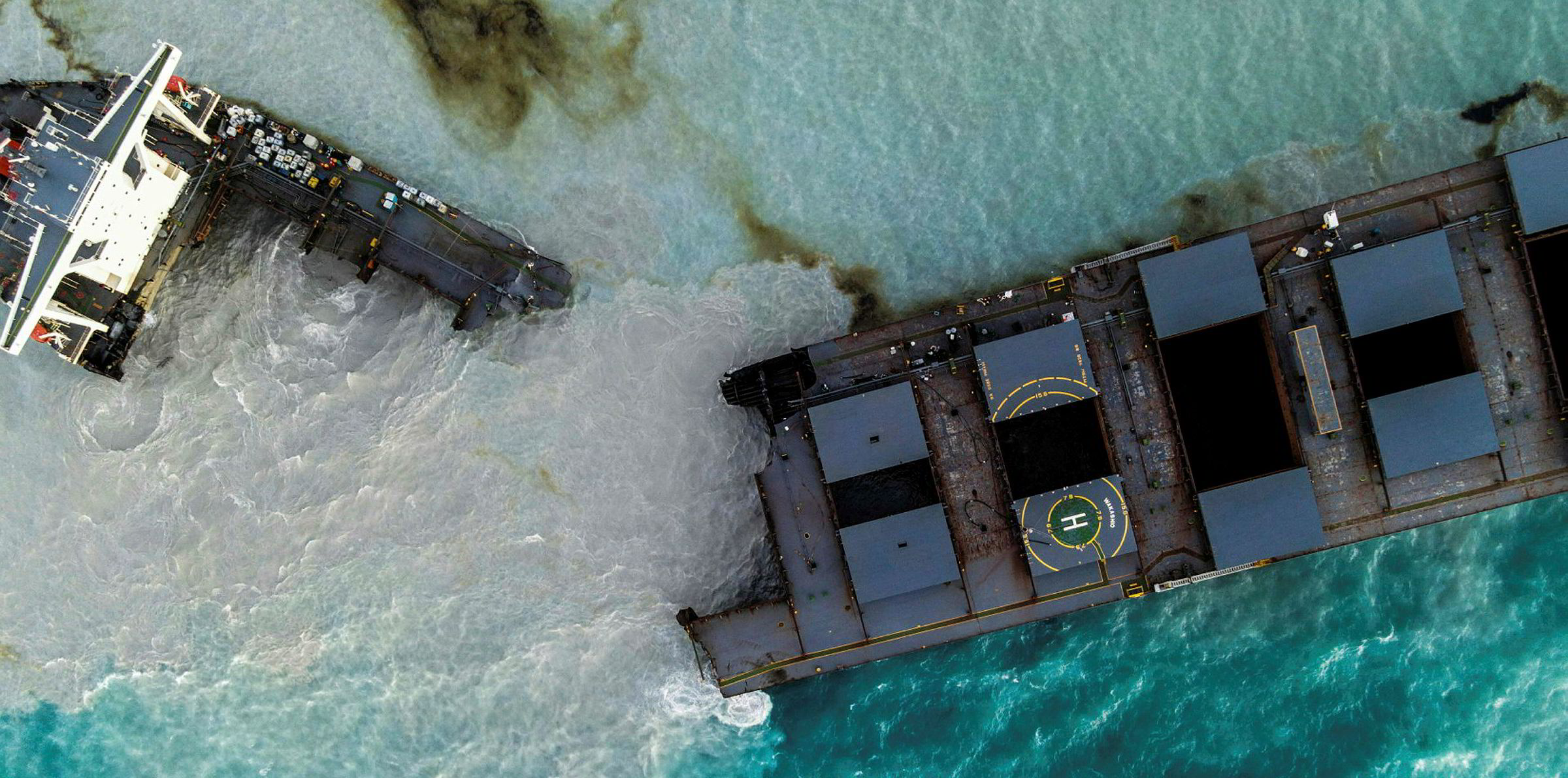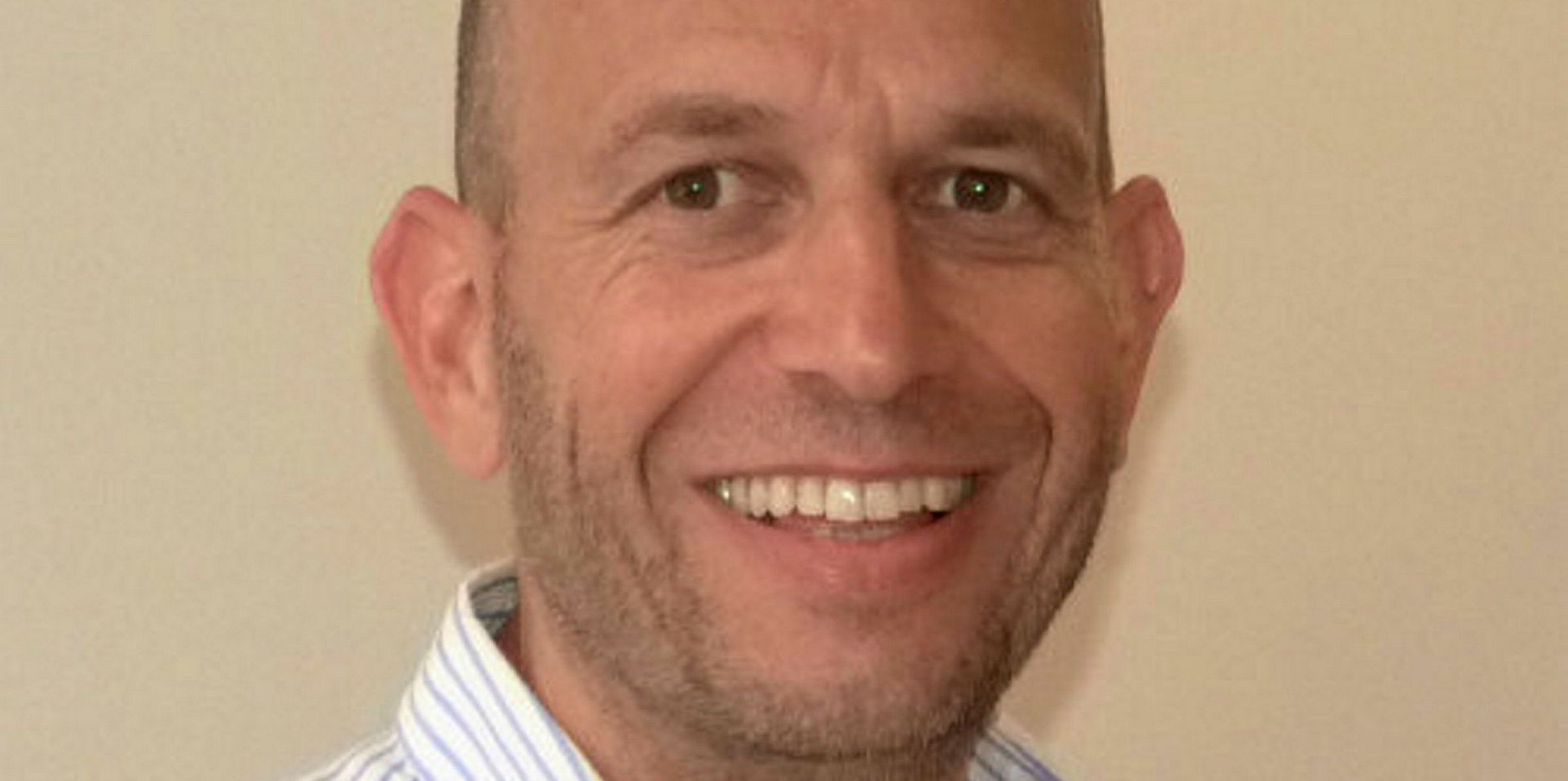A new report by UK charity Human Rights at Sea (HRAS) and university researchers has revealed the United Arab Emirates is set to take a harder line on abuse of seafarers on its ships and in its waters.
One key measure could be the ratification of the Maritime Labour Convention (MLC), the International Labour Organization's "seafarers' charter".
The 2020 Flag States and Human Rights Report this year also focuses on Malta and India.
The study was prepared by University of Bristol (UK) Law School graduate and postgraduate researchers, in partnership with HRAS.
The aim of the project was to reveal deficiencies in human rights protections and offer recommendations.
Gaps in the law?
The report said that, although there are provisions within UAE domestic law to protect seafarers, "without the [MLC] treaty itself being ratified there is room for deviation".
One of the most important elements of the MLC is an amendment made in 2017, which determined that crew members who have been abandoned and unpaid for two months can claim their wages through mandatory insurance.
Although the UAE, which runs a closed register, has introduced similar provisions through domestic law, it is arguably not to the extent that is dictated by the MLC, the researchers found.
"The UAE's reluctance to ratify the MLC may be explained by the insistence of the MLC to establish union rights for workers," the report said.
"Studies have shown that 89% of the labour force in the UAE are migrant workers, and there are multiple examples of the UAE being reluctant to extend the rights afforded by the MLC to their labour force."
But the report admitted that the UAE does have generally positive markers on the International Chamber of Shipping Industry Flag State Performance Table for 2018/19.
The UAE's Federal Transport Authority (FTA) has not responded to TradeWinds' request for comment.
Zero tolerance
But the UAE's director of maritime transport affairs, Captain Abdulla Darwish Al Hayyas, told HRAS the country was working to ratify the MLC, "although it's not covering all the aspects of the human rights but it's a step toward seafarers' protection".
The director also said the UAE is enforcing compulsory insurance to protect crew members in case of abandonment, and adopting "zero tolerance" against owners neglecting their workers.
The FTA has pledged to suspend ship certificates and operations, and ban the company activities of offenders.
Asked how many complaints are received by the FTA each year, the captain responded: "We didn’t start keeping track until recently."
He added that, including foreign-flagged ships in its waters, complaints run at between two to three cases per month. These are mainly from the overseas ships, the captain said.
Some disputes are solved quickly, he added. "We don’t see lengthy suffering situation where crew are suffering for months and years as before, after the country has introduced some legislation to protect the seafarers in our waters," Al Hayyas said.
The IMO's senior legal officer Jan Engel de Boer has said that cases of abandonment in UAE territory take advantage of the fact that crew members only have a right to wages paid through the sale of a vessel if they do not leave the ship.
New law coming
But a proposed new maritime law is about to be introduced by the UAE government that will completely overhaul this 1981 law, according to the FTA.
The new legislation aims to protect abandoned seafarers, effectively deal with "ghost ships" in UAE waters, widen the range of marine debts acceptable to arrest a vessel and establish a new dispute mechanism to alleviate pressure on the courts.
The charity Mission to Seafarers says that 20 vessels at any one time in UAE waters require welfare support.
The Mission to Seafarers described ghost ships as those with an "unseen workforce".
The Paris Memorandum of Understanding on Port State Control lists Malta on its white list, while India is grey. The UAE is not a party to the Paris MOU, or its Tokyo equivalent.
The HRAS report said Paris and Tokyo MOU evaluations only reflect compliance with human rights obligations to a limited extent.
"Thus, the monitoring and protection of human rights should become a priority and part of flag state day-to-day business," the study said.
Media reporting important
The research found the protection of seafarers on board UAE-flagged vessels often relies on media, welfare or non-governmental organisation reporting.
"It is hoped that with such independent insight and a better understanding of how different flag states comply with their international human rights obligations, improved flag state assessments, and eventually amended flag state practices with transparent implementation, will come into force," the charity said.
